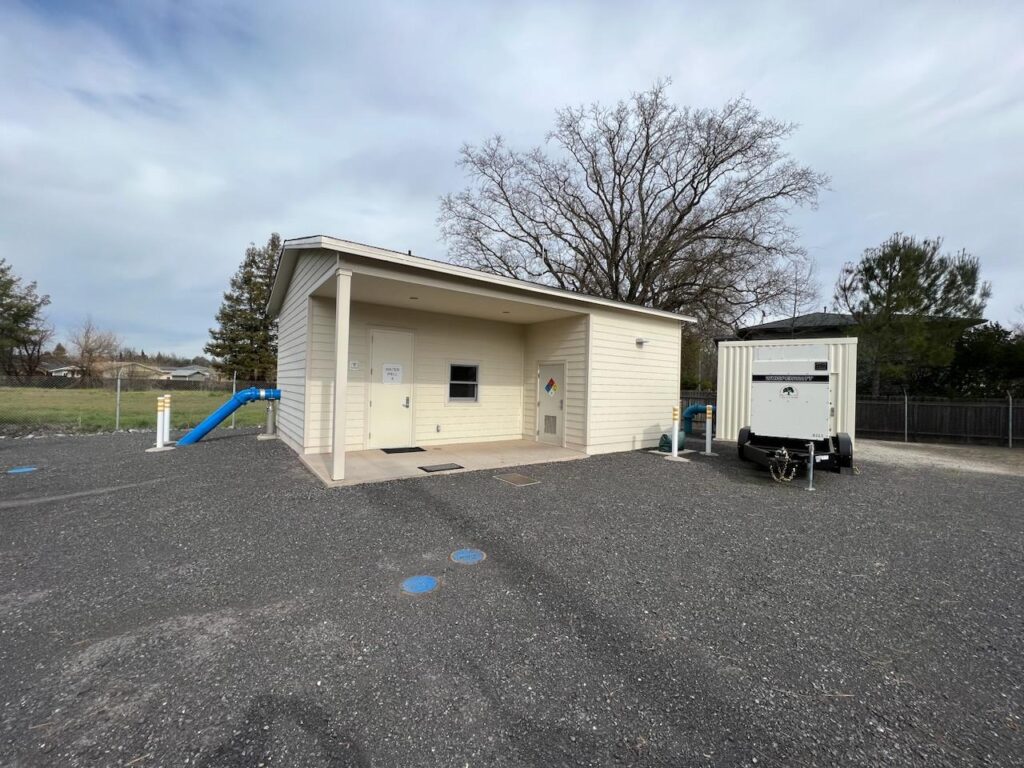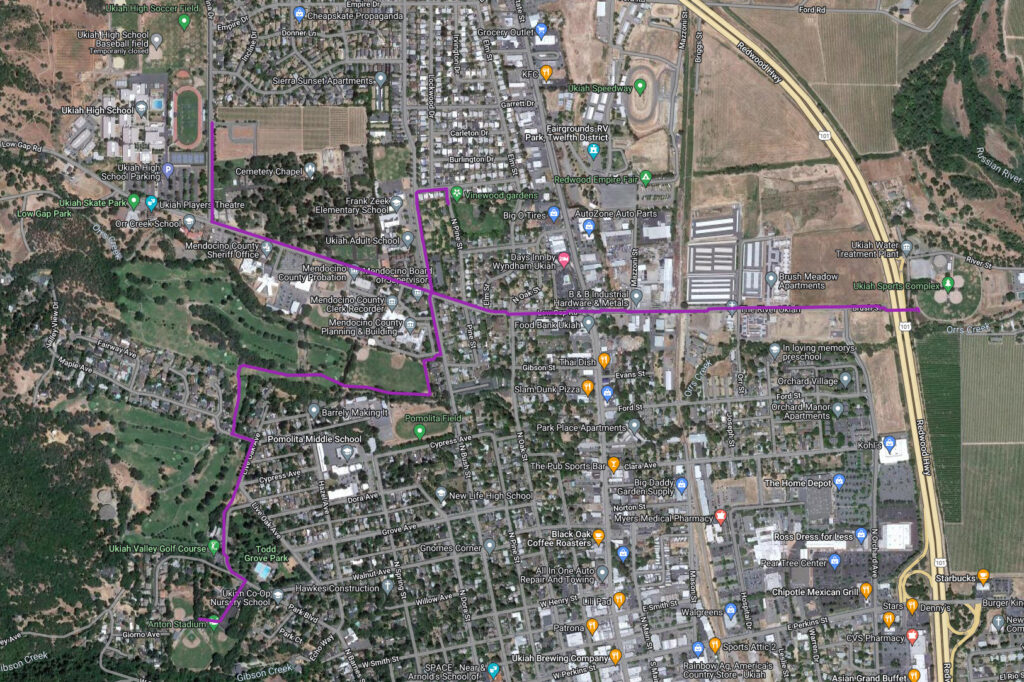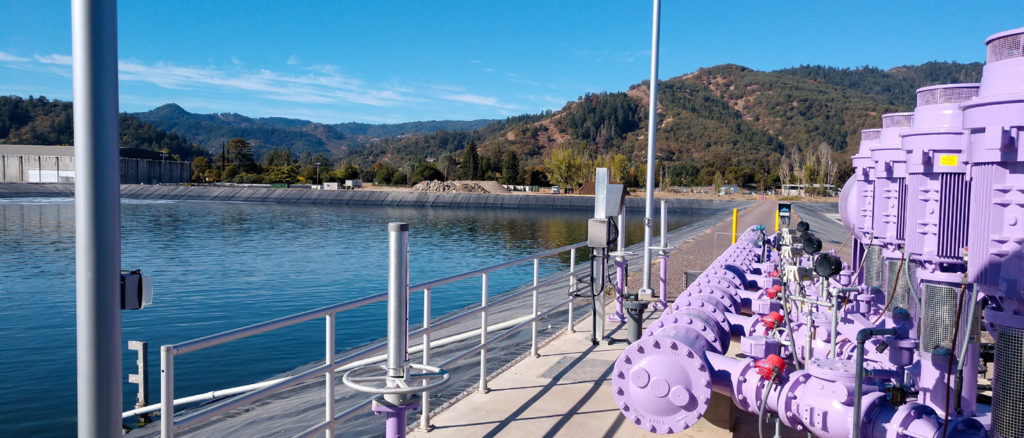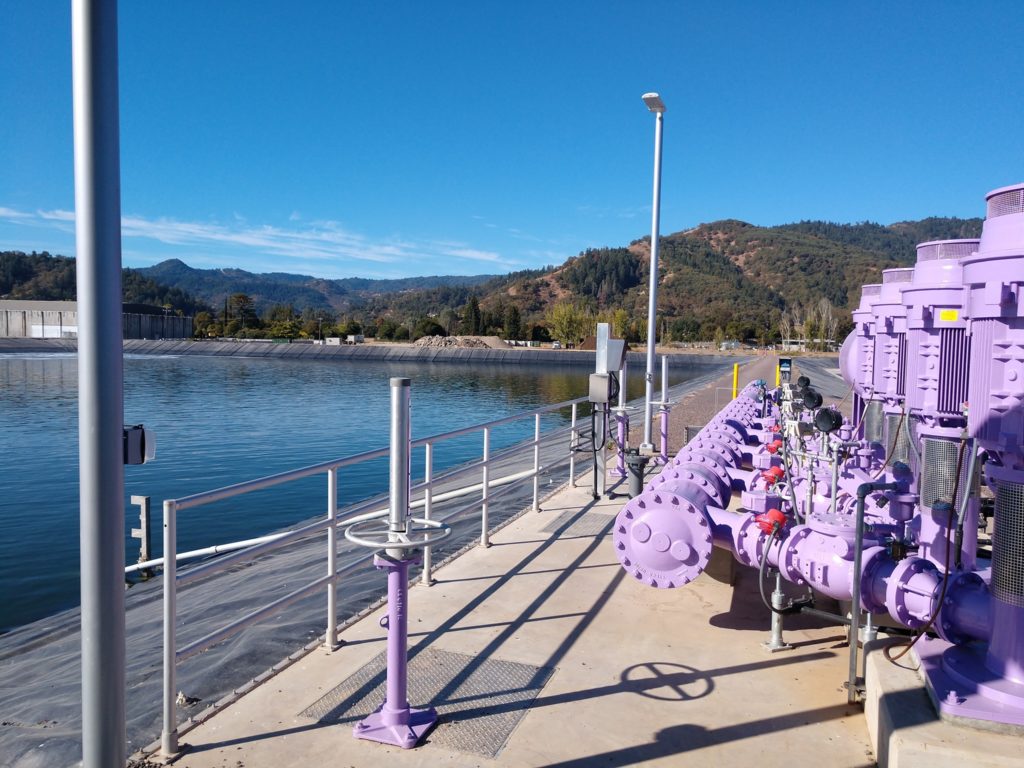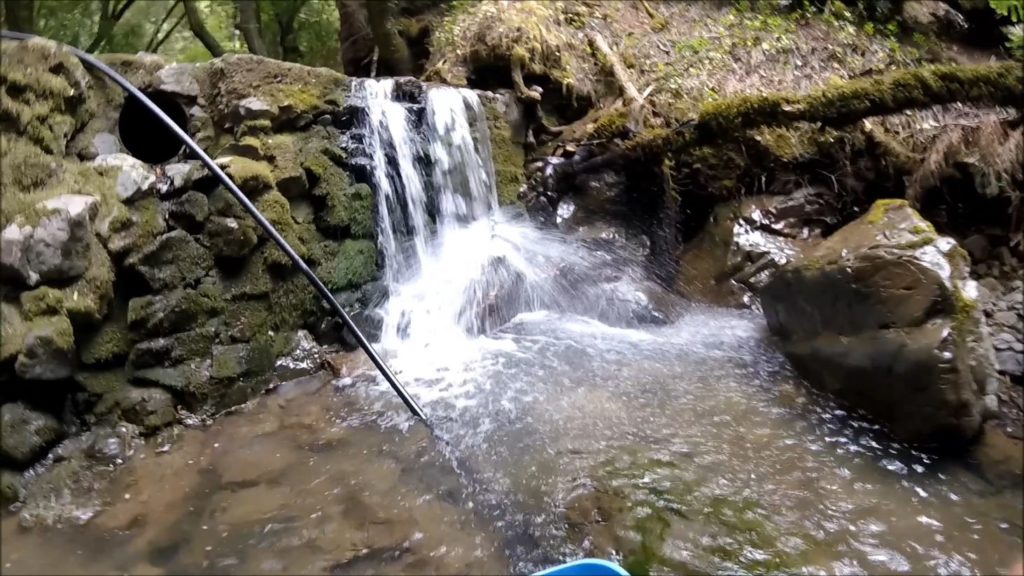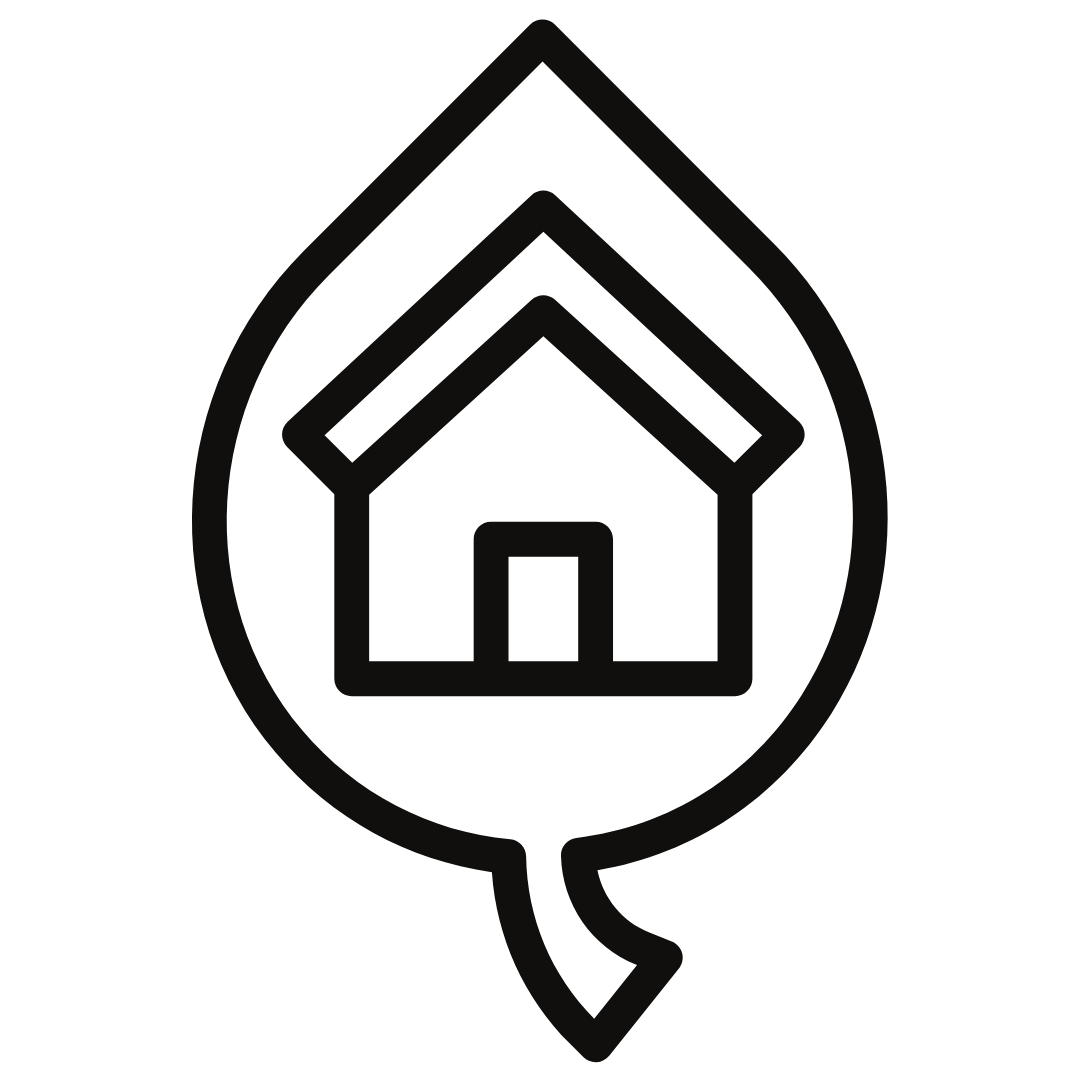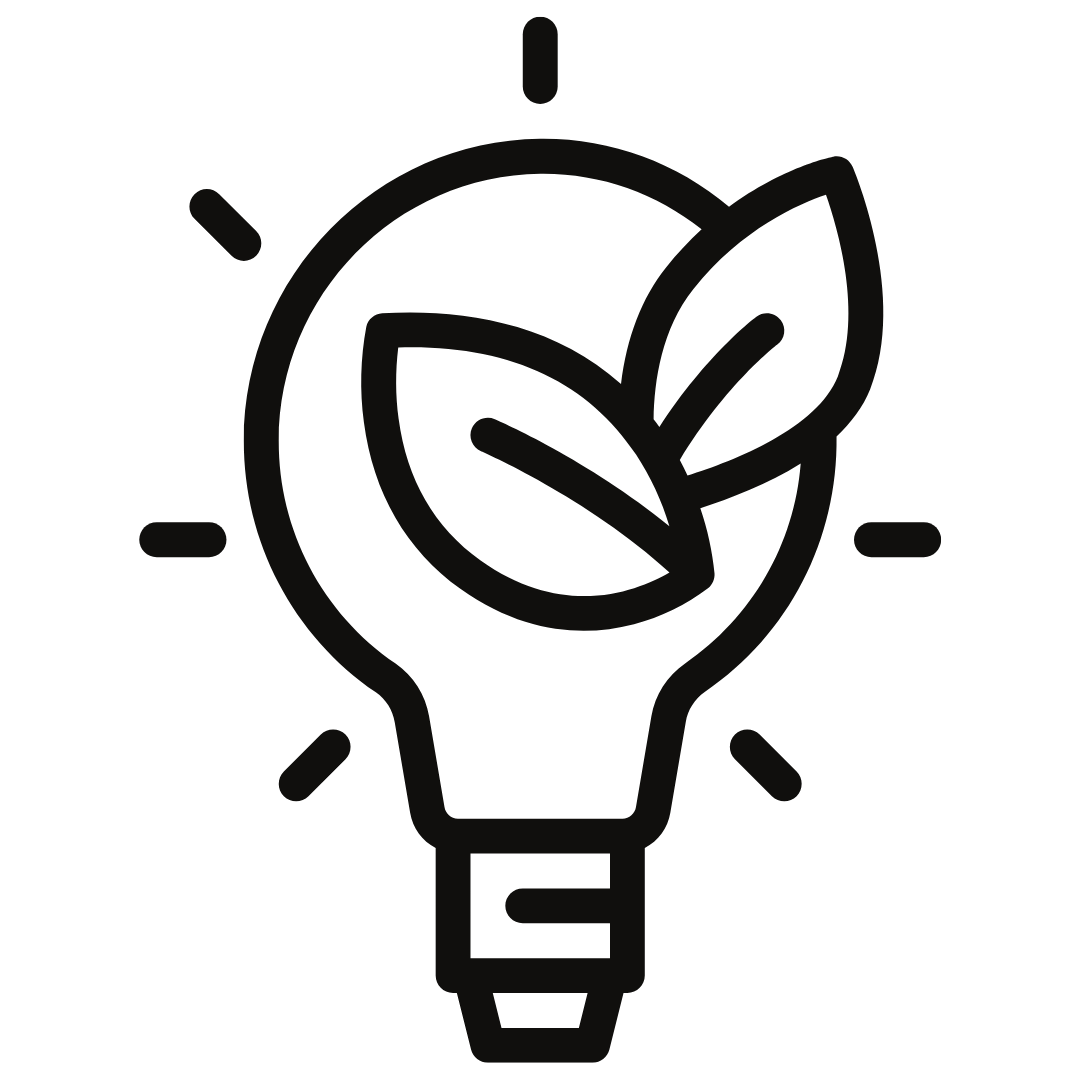Ukiah Municipal Well Project The purpose of the Proposed Project is to construct a new well with a capacity of...
Read More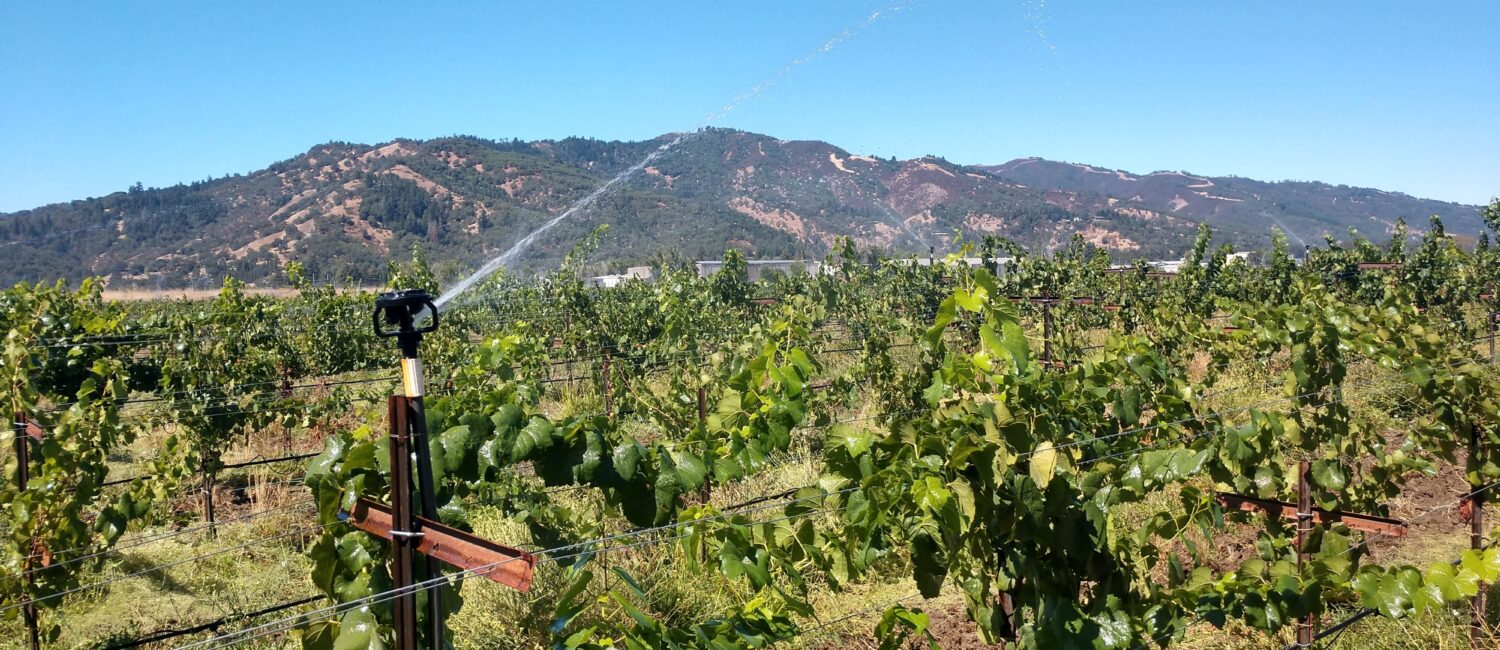
Water Resources
Water Resources
Drought Resiliency
The City of Ukiah has a diverse “portfolio” of water sources it can access to ensure maximum drought resilience. The City also tracks both the use and production of water to monitor the conservation and sustainability of our water supply. Through recycling and recharge, the City of Ukiah often achieves 100% conservation.
Drinking Water
The City of Ukiah produces high-quality drinking water from groundwater and the Russian River. The City operates a water treatment plant as well as a number of deep wells to ensure access to water year-round.
Recycled Water
The City of Ukiah produces Recycled Water at our Wastewater Treatment Plant. Recycled water is used to irrigate farms, parks, schools, sports facilities, the cemetery, and schools. Providing recycle water to the community helps conserve water by reducing demand on other sources such as groundwater or the Russian River. It also helps reduce or eliminate the need to discharge previously treated wastewater to the Russian River.
Wastewater
The City of Ukiah’s Wastewater Treatment Plant treats wastewater from the City of Ukiah as well as surrounding areas via our partnership with the Ukiah Valley Sanitation District. The City of Ukiah’s plant has seen extensive updates during the last 10 years to improve efficiency, water quality, and produce recycled water.
Ukiah Valley Water Authority (UVWA)
The Ukiah Valley Water Authority is a JPA that operates water and wastewater facilities in the upper Russian River watershed. UVWA signatories include the City of Ukiah, Willow County Water District, Millview County Water District, Calpella County Water District, and Redwood Valley County Water District. The UVWA also operates facilities for Hopland Public Utility District and River Estates Mutual Water Corporation via contract.
Projects
The City and the UVWA endeavor keep our facilities reliable and up to date with industry standards.
Resource Documents
Water and wastewater utilities are required to prepare a number publications to comply with State and Federal regulations.
Contact Us
Water Leaks: (707) 467-5783
After Hours Water Emergencies:
(707) 463-6262
Hours
Monday – Thursday 7:00 am to 4:30 pm
Fridays 7:00 am to 3:30 pm
Address – 300 Plant Rd
Phone – (707) 467-2818

Nature has given the City of Ukiah a high-quality abundant supply of water. The City of Ukiah’s primary water source is the underflow from the Russian River which is classified as Ground Water under Direct Influence for Surface Water. There are four ground water sources located at various points within the City Limits. These sources exceed the needs of both winter and summer demand serving over 7,000 residential and commercial connections with over 90 miles of water main.
The City has a broad portfolio of water rights which allow the City to shift sources of water as needed.
- Pre-1914 Appropriative Right to divert approximately 2,000 acre-feet annually from the Russian River
- 1954 Appropriative Right to divert approximately 14,480 acre-feet annually from the Russian River
- Capability to divert approximately 4,000 acre-feet of groundwater in the Ukiah subbasin
- Contract with RRFC for 800 acre-feet annually
As recent experience in 2014-2015, as the driest year on record demonstrates, the City has sufficient water available to meet current and future needs, regardless of water year type or hydrology, of areas well beyond the existing City limits. The City or its processor in interest has been supplying water to its residents since the later 1800’s.
Maintenance and Operations
The highly skilled staff of water operations maintain the water distribution system to ensure delivery of clean and safe drinking water with a minimum or no interruption to our customers. Staff monitor demand within the system and matches the output of the sources to meet the demand. A Supervisory Control and Data Acquisition (SCADA) system allows staff to effectively operate and troubleshoot the City’s water distribution system by monitoring all pumps, pump stations, and reservoir parameters remotely.
Reports
One Billion Gallon Event
Recycled Water
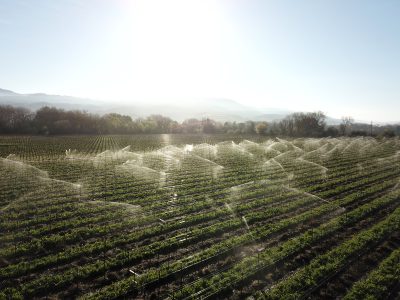 The recycled water project known as the “purple pipe project” provides numerous benefits to our community including promoting a vibrant agricultural region, reducing diversions from the Russian River, assisting in conformation to State conservation objectives and improving environmental habitat by providing an alternative source for frost protection.
The recycled water project known as the “purple pipe project” provides numerous benefits to our community including promoting a vibrant agricultural region, reducing diversions from the Russian River, assisting in conformation to State conservation objectives and improving environmental habitat by providing an alternative source for frost protection.
The Project was designed to be constructed in 4 phases. Phases 1-3 brought the project online by 2019 with the installation 8 miles of pipeline, 66 million gallons of storage, an enlarged chlorine contact basin, and a pumping facility. Phases 1-3 cost $34 million, which was provided by the State Water Resources Control Board (SWRCB) in the form of a low-interest loan and $9 million in grants.
In 2023, the SWRCB awarded Ukiah a $53.7 million grant for the Project’s Phase 4 expansion, which is currently underway. Once completed, it will increase the Project’s capacity to 1,500 acre- feet per year. That additional water will irrigate other important areas including Vinewood Park, Frank Zeek School, Pomolita School, soccer fields, Ukiah High School, the Ukiah Cemetery, Anton Stadium, Giorno Park, Todd Grove Park, and the Ukiah Valley Golf Course.
By providing recycled water for fields and agricultural use, the recycled water project significantly reduces demand on the Russian River, Lake Mendocino, and groundwater resources. That helps meet conservation goals, and improves regional sustainability.
Community Benefits from the Project:
- Almost 90% of the water used by Ukiah is replenished back into the water basin
- Reduces demand on Russian River from 3,000 AFY to 300 AFY
- Supports production of 1,000 AFY by the recycled water facility – enough for more than 2,500 families
- Phases 1-3 support the needs of over 700 acres of ag land, increasing capacity to 1,000 acres with Phase 4
Wastewater
Water that goes down your shower, toilet and sink drain enters our wastewater collection system. Over 93 miles of underground pipes bring this wastewater from homes, businesses, and industry located within the City of Ukiah to the wastewater treatment plant.
The majority of our wastewater runs by gravity through a series of wastewater pipes to the Plant. The remainder of the wastewater, due to elevations that will not allow for gravity flow, must be lifted (pumped) to a location through force (pressurized) mains in the wastewater system that will allow the wastewater to return to a gravity wastewater main.
The Waste Water Treatment Plant underwent a three year, $56.5M improvement project that was completed in 2009. This plant will insure continued compliance with permit requirements and meet future demand growth.
Maintenance and Operations
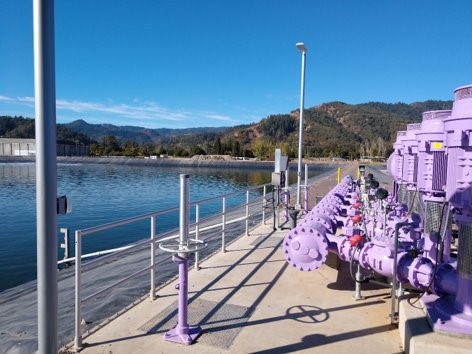 The recycled water and wastewater system operators are responsible for nearly 8 miles of recycled water, 93 miles of sewer pipe, and 3 wastewater lift stations. Maintenance includes testing, cleaning, leak repair, operational emergency response, general construction, and more.
The recycled water and wastewater system operators are responsible for nearly 8 miles of recycled water, 93 miles of sewer pipe, and 3 wastewater lift stations. Maintenance includes testing, cleaning, leak repair, operational emergency response, general construction, and more.
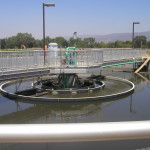 The Waste Water Treatment Plant, operational since 1958, serves the City of Ukiah and the Ukiah Valley Sanitation District. It has a current treatment capacity of 2.8 million gallons per day (MGD) of dry weather flow and 20 MGD of peak wet weather flow. Primary treatment removes floating material, oils and greases, sand and silt and organic solids heavy enough to settle in water. Secondary treatment biologically removes most of the suspended and dissolved organic material.
The Waste Water Treatment Plant, operational since 1958, serves the City of Ukiah and the Ukiah Valley Sanitation District. It has a current treatment capacity of 2.8 million gallons per day (MGD) of dry weather flow and 20 MGD of peak wet weather flow. Primary treatment removes floating material, oils and greases, sand and silt and organic solids heavy enough to settle in water. Secondary treatment biologically removes most of the suspended and dissolved organic material.
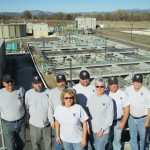 Treatment steps are grit removal, primary sedimentation, secondary treatment (trickling filters), secondary sedimentation, final clarification (advanced waste water treatment facility), sludge digestion (digesters), disinfection, dechlorination, and effluent discharge to the percolation ponds.
Treatment steps are grit removal, primary sedimentation, secondary treatment (trickling filters), secondary sedimentation, final clarification (advanced waste water treatment facility), sludge digestion (digesters), disinfection, dechlorination, and effluent discharge to the percolation ponds.
The Waste Water Treatment Plant underwent a three year, $56.5M improvement project that was completed in 2009. This plant will insure continued compliance with permit requirements and meet future demand growth.
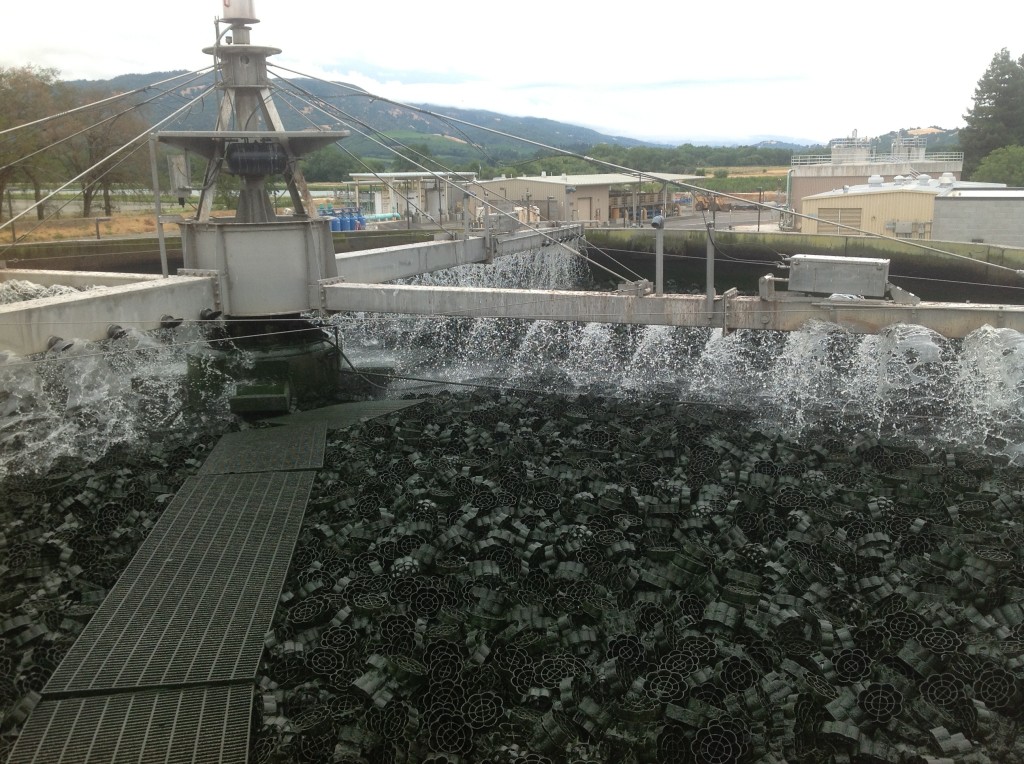
Recycled Water – Phase 4
City of Ukiah, Recycled Water – Phase 4 The California State Water Resources Control Board has awarded the City of...
Read MoreEnsuring Affordable and Reliable Water Supplies
Ukiah – Ensuring Affordable and Reliable Water Supplies for 2021 and the Years to Come through: Addressing Water Security Alleviating...
Read MoreRecycled Water
Recycled Water The City of Ukiah in California produces approximately 1,000-acre feet of recycled water annually. The City’s recycled water...
Read MoreGibson Creek Remote Spawning Incubator Project
In the Spring of 2017 the City of Ukiah partnered with the National Marine Fisheries Service (NMFS) to test a...
Read More
